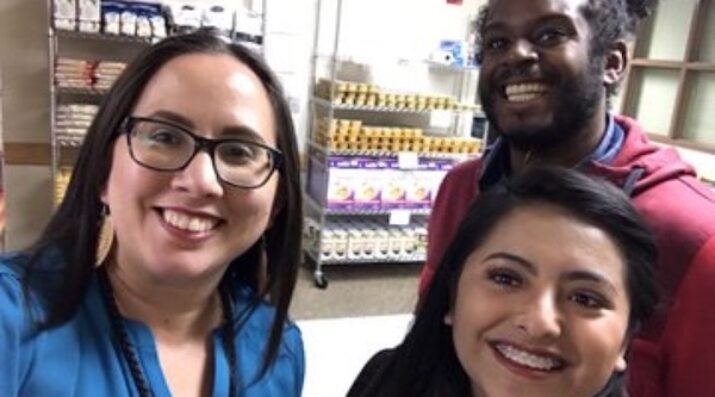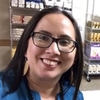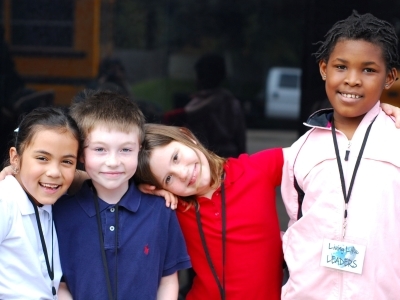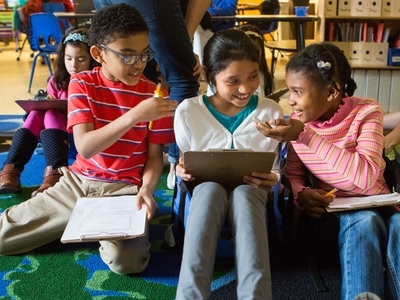Why Internships Are Critical for Youth of Color
Topics

Today’s learners face a rapidly changing world that demands far different skills than were needed in the past. We also know much more about how student learning actually happens and what supports high-quality learning experiences. Our collective future depends on how well young people prepare for the challenges and opportunities of 21st-century life.
Young people need mentors who understand the challenges people of color face in work environments. Internship mentors provide kind, open spaces to succeed.
Growing up in Puerto Rico, my biggest mentors were strong, committed, and progressive women of color who did things I felt too scared to do: speak up, stand up, take space.
Moving to the continental U.S. was a challenge. I found myself suddenly surrounded by people unlike me. I did not have mentors who understood my background or what it felt like to be a complete stranger in the room. There were no role models to help me look for opportunities to grow. Because I never had great experiences with mentors, I promised myself that I would become one. I promised I would give meaningful experiences to my mentees without judgment or limitations.
The Intern: Meet Brisa
When I first met our Future Focused Education X3 intern, Brisa, a student from Health Leadership High School in Albuquerque, I was struck that she had all the qualities I remember lacking when I was that age: she was confident, she was vocal, and she did not hesitate to ask for clarification. My first big challenge was trying to keep up with her energy! She was clear about how she liked to learn and questioned without hesitation. In the office, she always made sure to say good morning to all staff and to build relationships with everyone. It’s been so inspiring to see her confidence grow as she accomplished her tasks and projects.
Brisa worked with us at Presbyterian Center for Community Health Food Farmacy. The Food Farmacy program is an innovative approach to increasing access to healthy food and chronic disease self-management. Healthcare providers “prescribe” healthy food to patients who have food security issues or may also need healthier foods to meet their health goals. At the Farmacy, Brisa was tasked with conducting patient phone calls, registering patients into the program, training new interns and volunteers, managing product inventory, and suggesting new workflows.
The Farmacy work day is fast-paced and, at times, chaotic. There were moments where patients got upset or impatient over wait time. But Brisa surprised us every day with the ways she handled these difficult situations with compassion and composure. She validated patients’ concerns and updated them regularly on their wait time. We had several patients who specifically requested her to shop with them and who noticed her absence.
The Mentor: Our Role
Mentorship creates rich work-related experiences that give students a space to grow. For young people of color, this is especially essential. They need mentors who believe they are capable of anything they set their minds to, regardless of their background. Studies have shown that white professionals experience a “fast track” when it comes to executive positions as opposed to their non-white counterparts. Non-white professionals have slower career advancements and don’t have as much access to professional development opportunities. In my work with Brisa, I’ve made a point of providing tasks that require more critical thinking and leadership skills so that in the future she is not limited to lower-paying and stagnant positions.
Young people need mentors who understand the challenges people of color face in work environments—from blatant racism to daily microaggressions, and preconceived notions of competency.
As mentors, we need to provide kind, open spaces for young people to have new opportunities, gain confidence, and grow. It is our job to provide that and it's our duty to see that our mentees succeed. Our future depends on it.
"Mentors are the link between what is and what could be. They see your potential. They provide exposure and a different lens through which to see the world."
–Cheryl Howard-Neal, Not Just Black Girl Magic: What it Takes to Inspire and Support All Our Girls
Photo at top courtesy of Tatiana Falcón Rodríguez.
This article originally appeared on Future Fucused Education.




